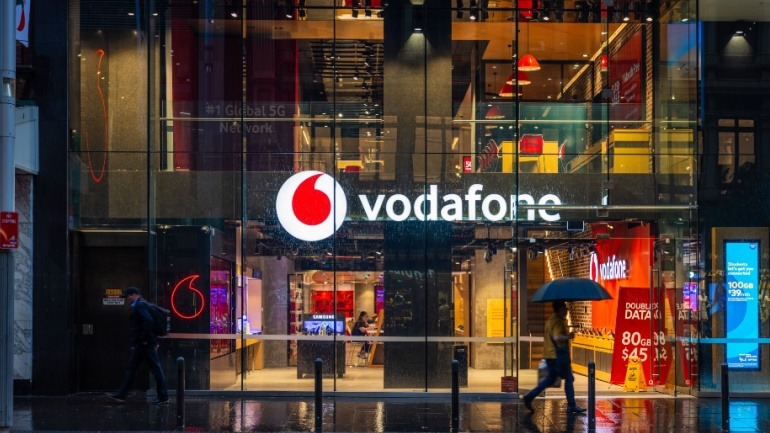Ofcom, the UK’s communications regulator, has solidified its intentions to auction off mmWave spectrum for mobile services. However, the watchdog has decided to postpone this action until the Competition and Markets Authority (CMA) delivers its decision on the proposed amalgamation of telecom giants Vodafone and Three UK.
The consequences of the Vodafone/Three UK merger, announced in June, are currently under evaluation by the CMA. No immediate decision is anticipated, with the resolution expected to stretch out for at least a year.
In spite of the long wait, the gap in time cannot be considered an impediment to the allocation of the airwaves, given the considerable length of time that Ofcom has itself taken to ponder its mmWave options.
Nearly a year since the initiation of a consultation, Ofcom revealed in March its plans to allocate 6GHz of frequencies in the 26GHz and 40GHz bands for mobile use, including 5G. The plan laid out an auction strategy for citywide licences, with very localized licences being granted on a first-come, first-served basis within the framework of shared access licensing.
After further deliberation, Ofcom is now committed to the plan. It intends to provide 15-year citywide licenses within these bands to 68 major locations in the UK via auction. Furthermore, more localized licenses will be awarded to the swiftest requesters, targeted at cities and other areas in the UK were deployments are less dense.
Ofcom plans to make the 26 GHz shared access licenses available early next year, but the auction will be delayed until the CMA’s verdict on the Vodafone/Three merger. Ofcom regards this move as sensible, in order to bypass the possibility of inefficient spectrum allocation.
A statement and additional consultation on the auction design are expected from Ofcom later this year. Nevertheless, it doesn’t necessarily indicate an impending CMA resolution. Presently, Ofcom anticipates a decision from the CMA on the merger in September 2024. However, such predictions have often been delayed in the past, so this date should be viewed with a degree of skepticism.
While the auction could commence in the last quarter of 2024, practically, it’s more likely to happen in 2025. There has already been a precedent of this with some of the major mobile operators in the UK using the 40 GHz band, having won the spectrum at auction in 2008. Those licenses, however, are limited to fixed services, with the majority set to be revoked in June 2028.
The recent pattern across Europe showcases an interest in the 26 GHz spectrum, with Spain raising €36 million in its 26GHz auction last year. However, this is not expected to create a significant surge in profitability, making it an intriguing, but not sensational, period in the UK’s spectrum allocation history.







